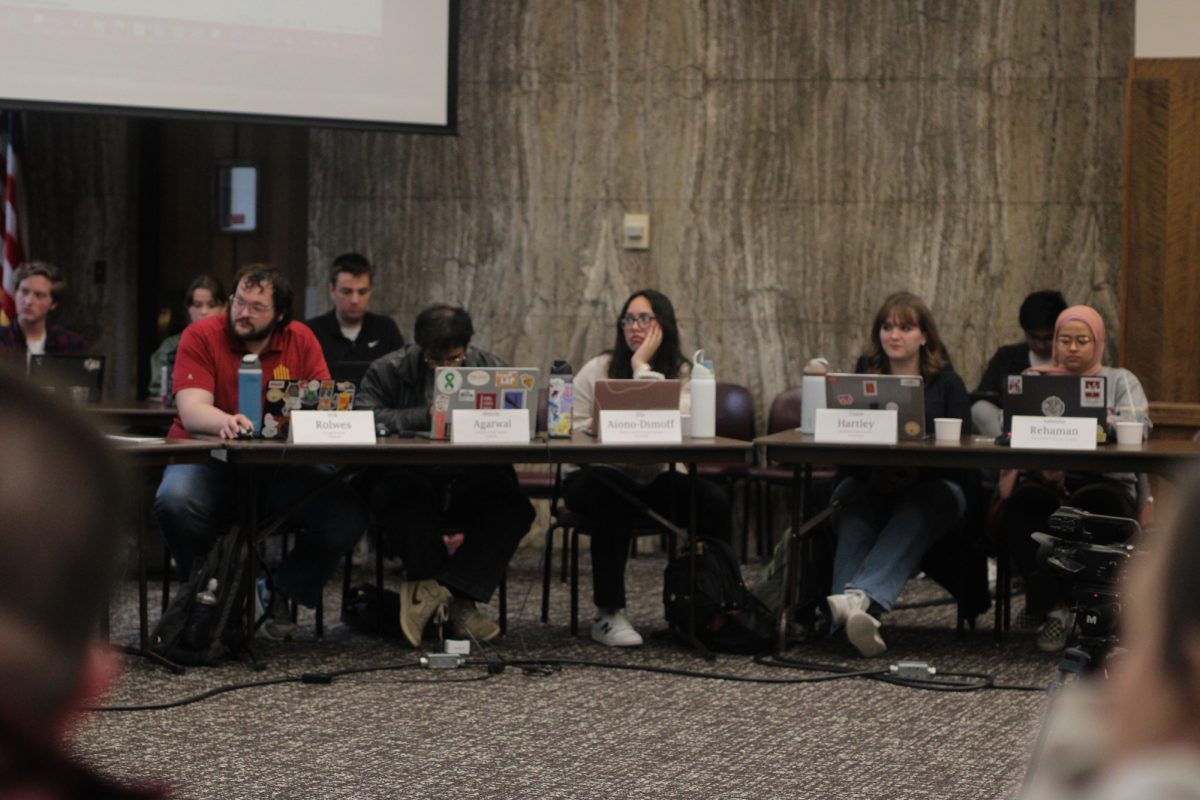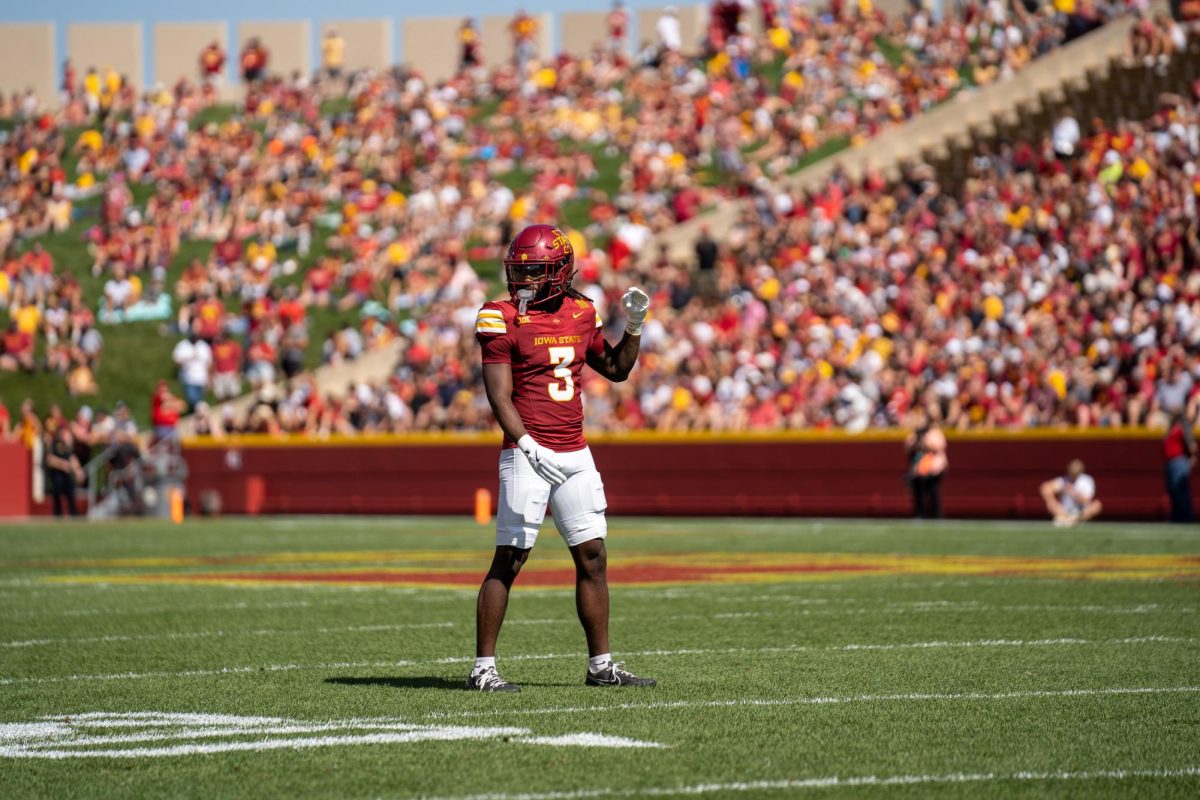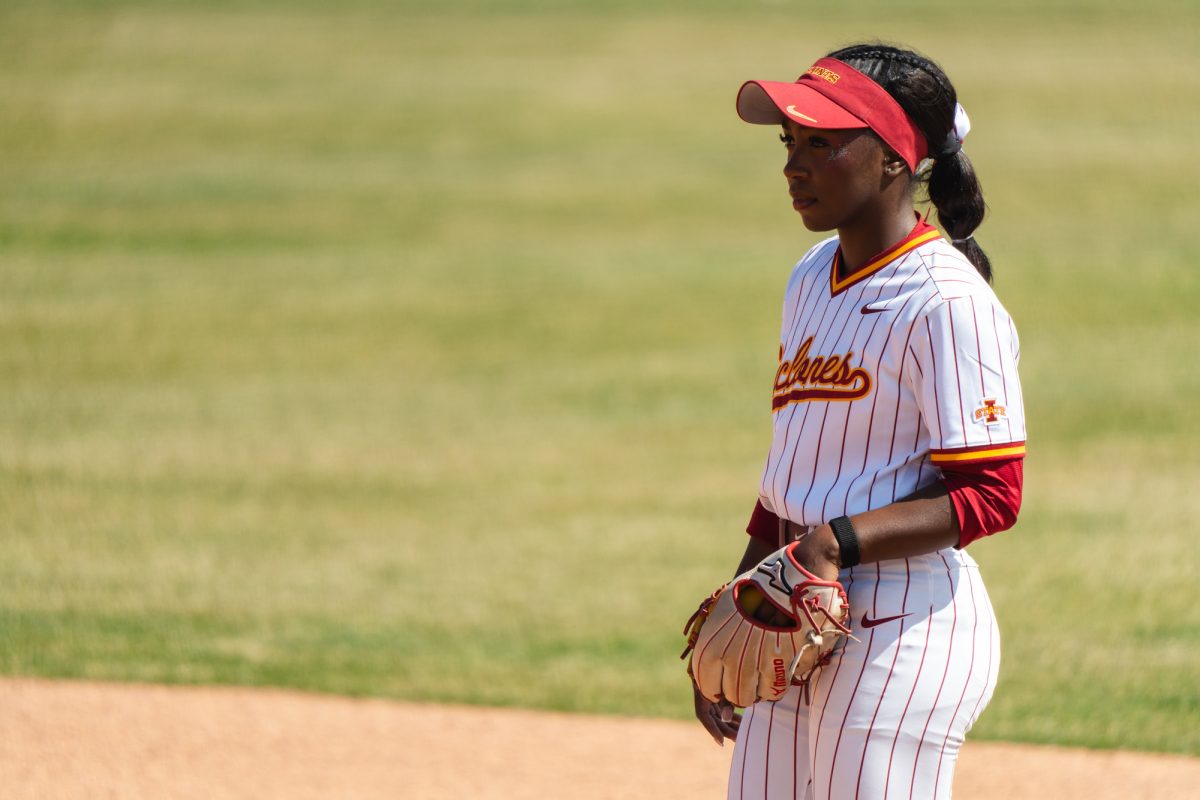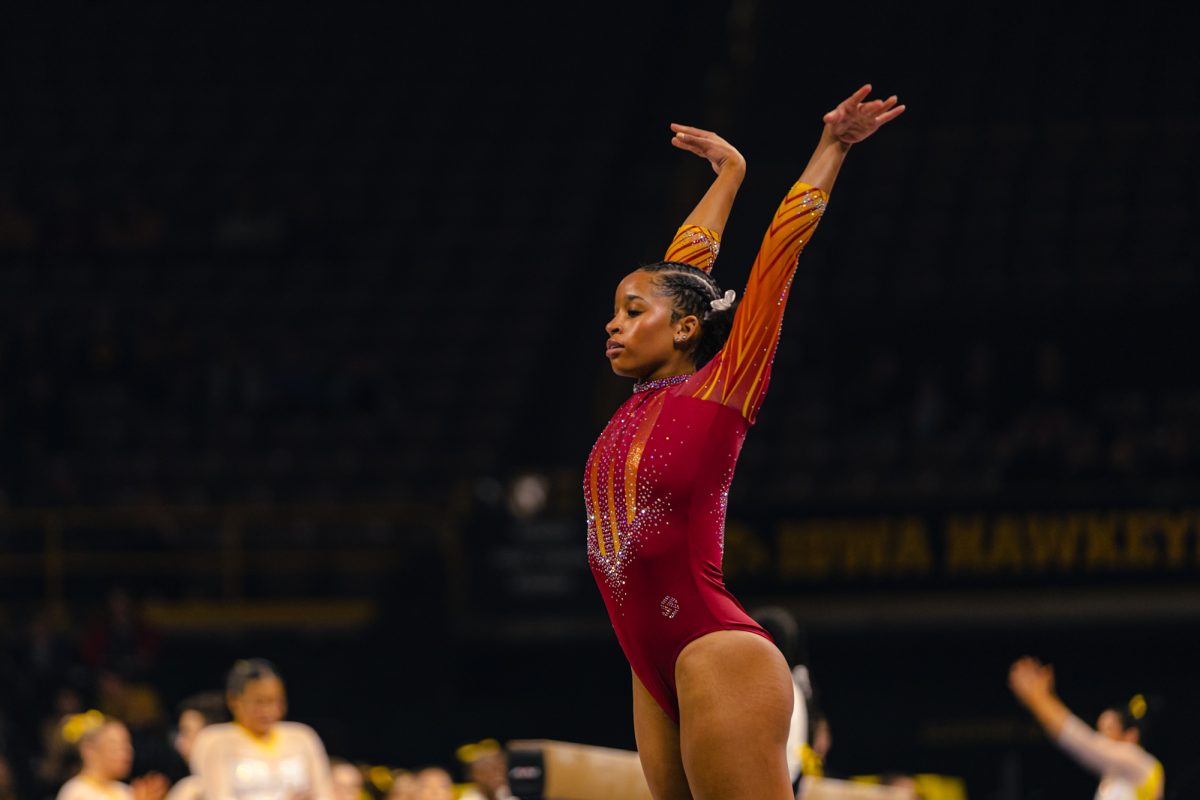States race to be No. 1 in election process
October 21, 2011
The Nevada Republican Party voted on Saturday to move its Jan. 14 caucus date to February 4.
Traditionally, the process for choosing a Republican presidential nominee had been the primary system with Iowa as the first in the nation caucus and New Hampshire, a few days later, with the first in the nation primary, both taking place in early February.
However, that tradition fell apart this year when the Florida Republican Party set its primary date to Jan. 31 in an attempt to make its state more important in the nomination process. This caused a slew of other states to move their caucuses and primaries up, with Nevada being the earliest at Jan. 14. This unprecedented move caused party leadership backlash and a general condemnation of the state parties by the national leadership.
Unwilling to give up its first in the nation status, the Iowa Republican Party recently moved its caucus to Jan. 3, and, in turn, has put New Hampshire, the first in the nation primary, in a difficult spot.
The New Hampshire state law requires that there be a week between its primary and the next state’s primary or caucus. And New Hampshire’s desired date of Jan. 10 would not be legal if Nevada chose to keep its Jan. 14 caucus date. Furthermore, the New Hampshire Republican Party has threatened to move its primary into December if Nevada does not comply to move back its scheduled date.
“States want to be early in the presidential primaries for two reasons,” said David Peterson, professor of political science at Iowa State. “First, your state is guaranteed to matter … more attention, visits, etc. And second, money. Candidates come and spend money in the state through TV ads, T-shirts and others.”
If New Hampshire moves ahead with a December primary date, Iowa may lose a lot of attention and money from perennial Republican presidential candidates who will refocus their efforts on winning New Hampshire, which can often set a precedent for other states to vote. Not only that, Iowa benefits financially from the first in the nation status.
“It is in the financial interest of the state to be early in the caucus season … both parties would agree on that,” Peterson said.
Party leaders have threatened to withhold Nevada delegates to the Republican National Convention if they do not change their caucus date. But, in the end, these threats appear hollow because the national party has very limited binding power.
“The clear aim of Nevada moving up its caucus is for the West to have a say in the nomination process,” said James McCormick, chairman of the department of political science.
Midwestern and East Coast states have historically dominated the early stages of the nomination process. Therefore, they have had strong influence over who is the Republican presidential nominee before the Western states even vote.
If Nevada backs off and moves its caucus to the suggested date of Feb. 4, party leaders will demonstrate they still have control over the presidential primary calendar. But, if Nevada Republicans decide to keep Jan. 14, it could launch a political snowball with New Hampshire possibly moving its primary to December.
“I think ultimately New Hampshire will move behind Iowa … it is possible for them to sneak in there,” McCormick said.






